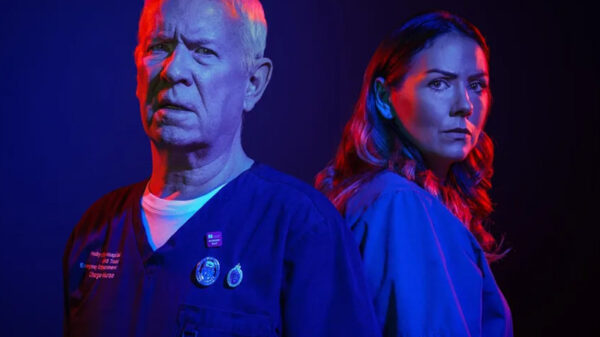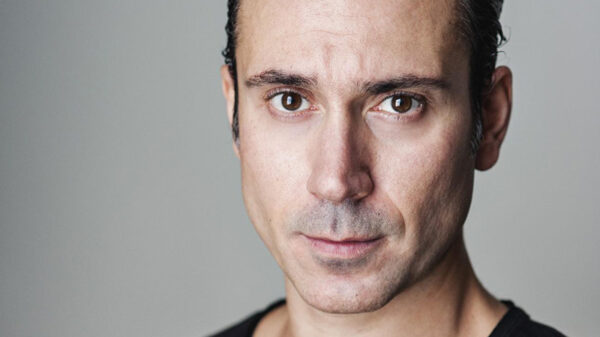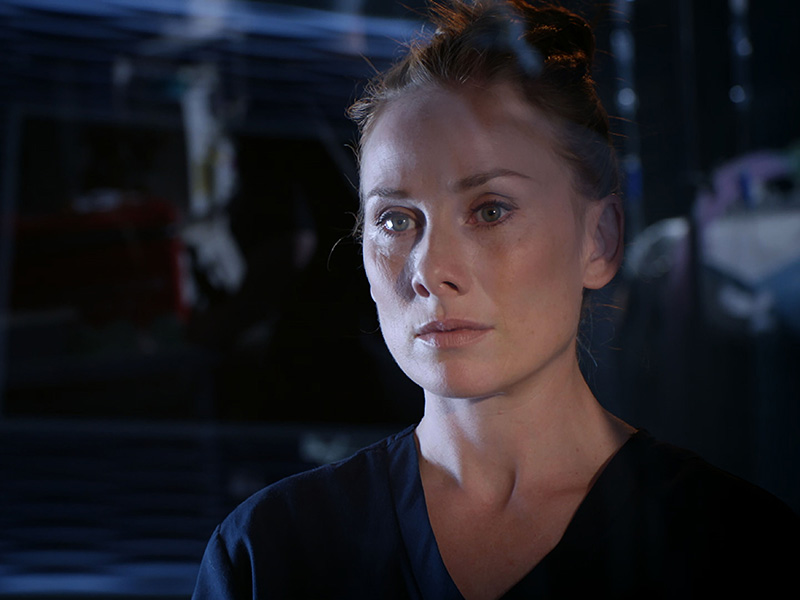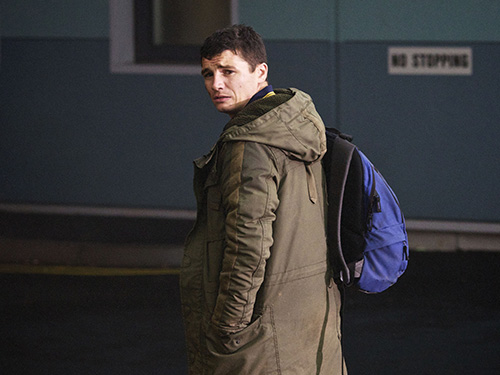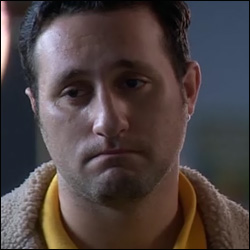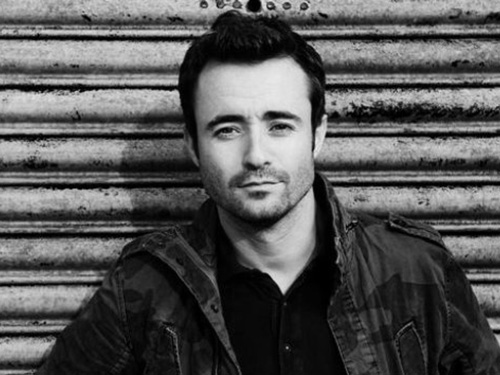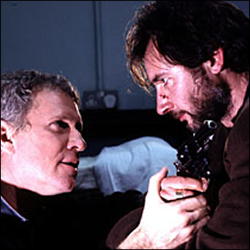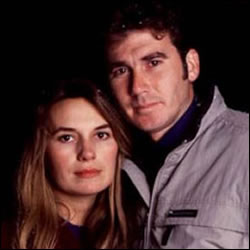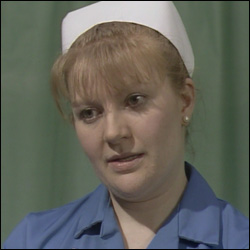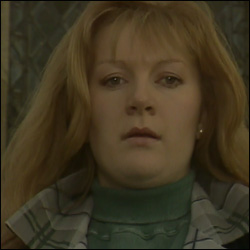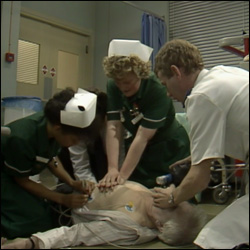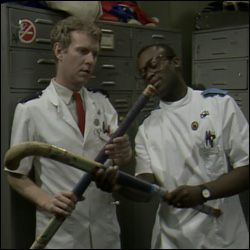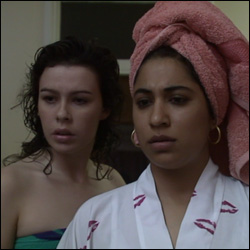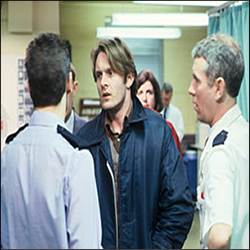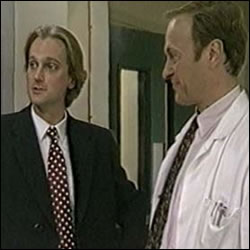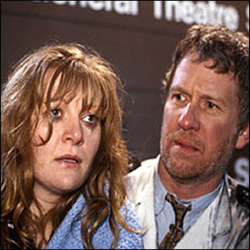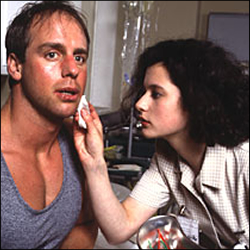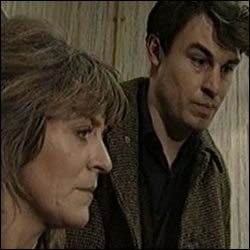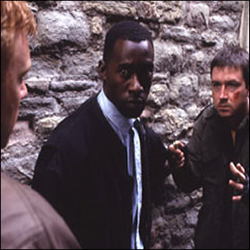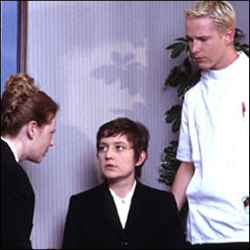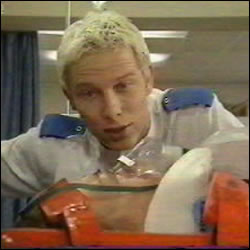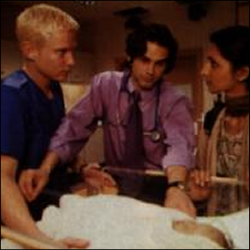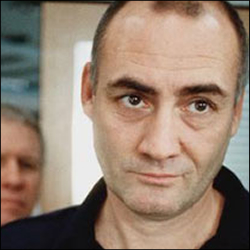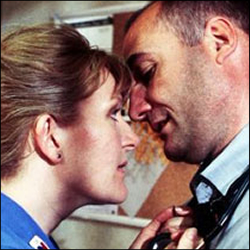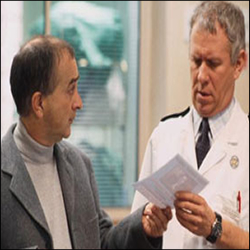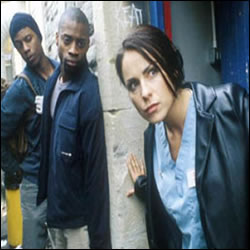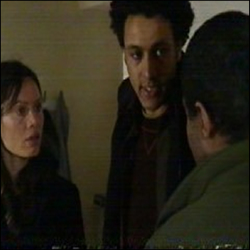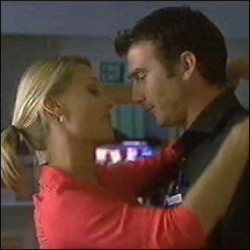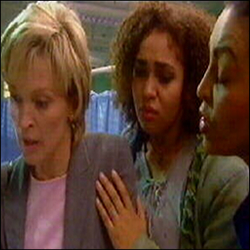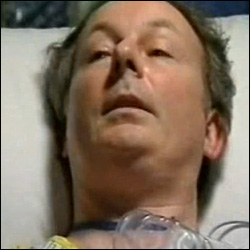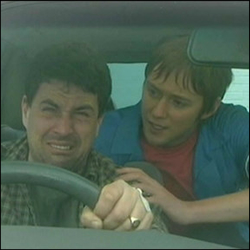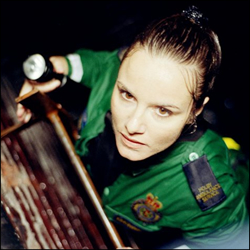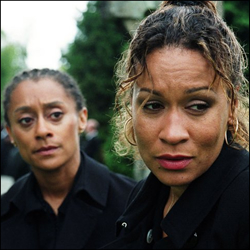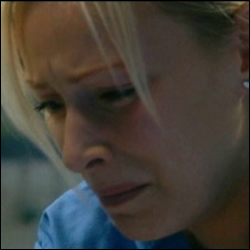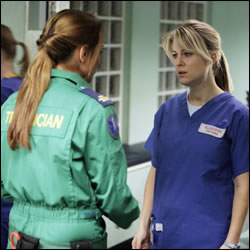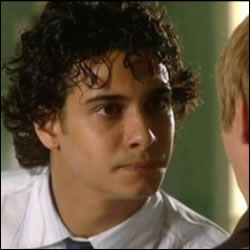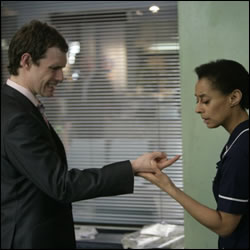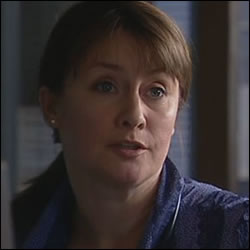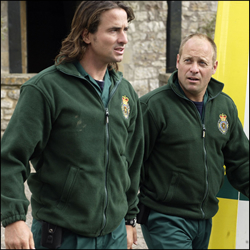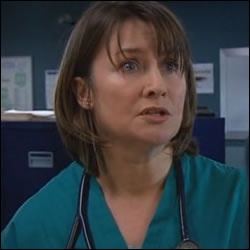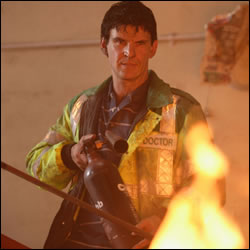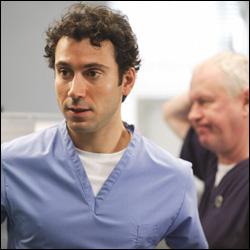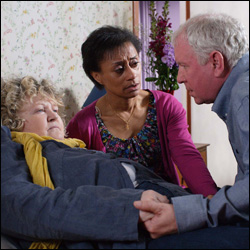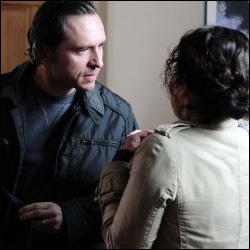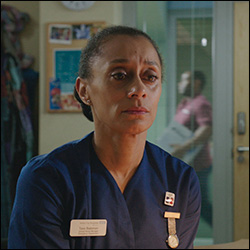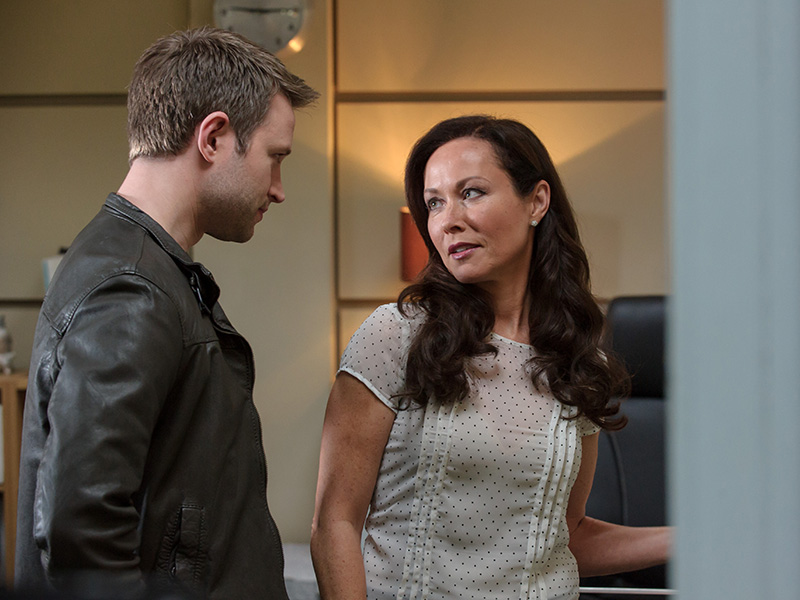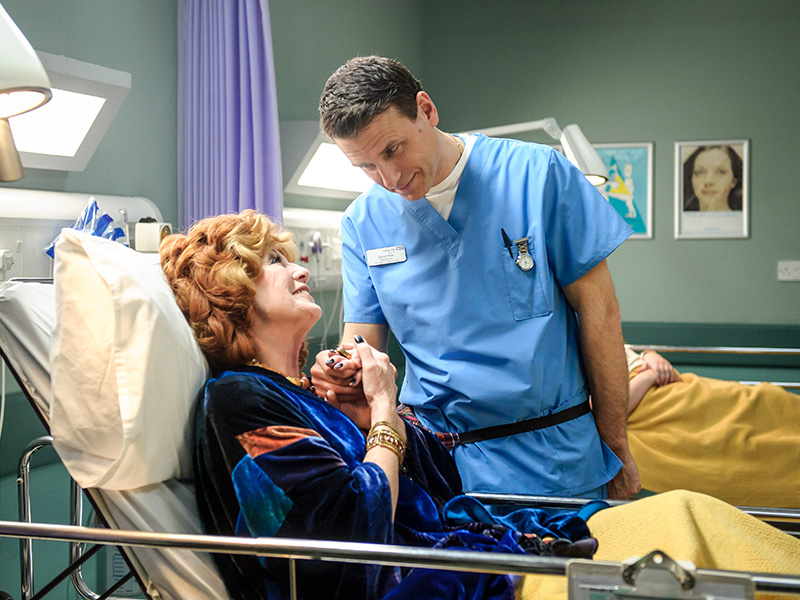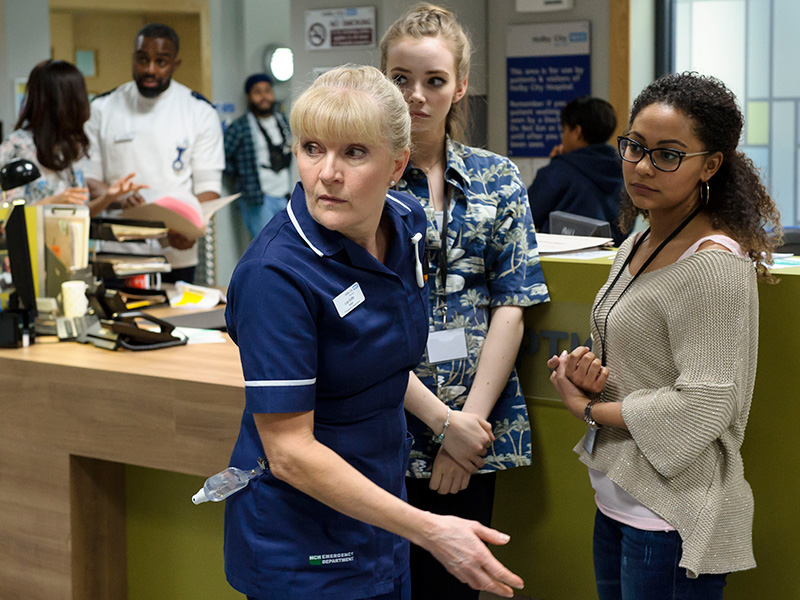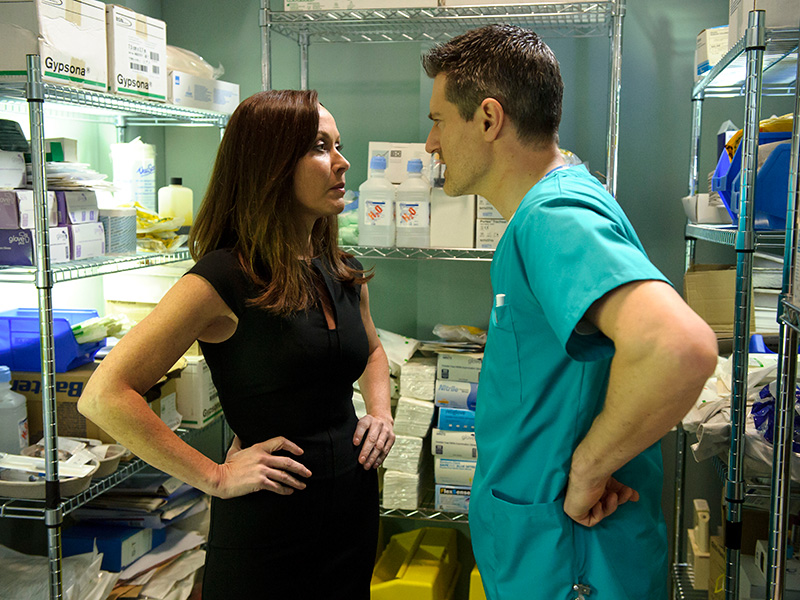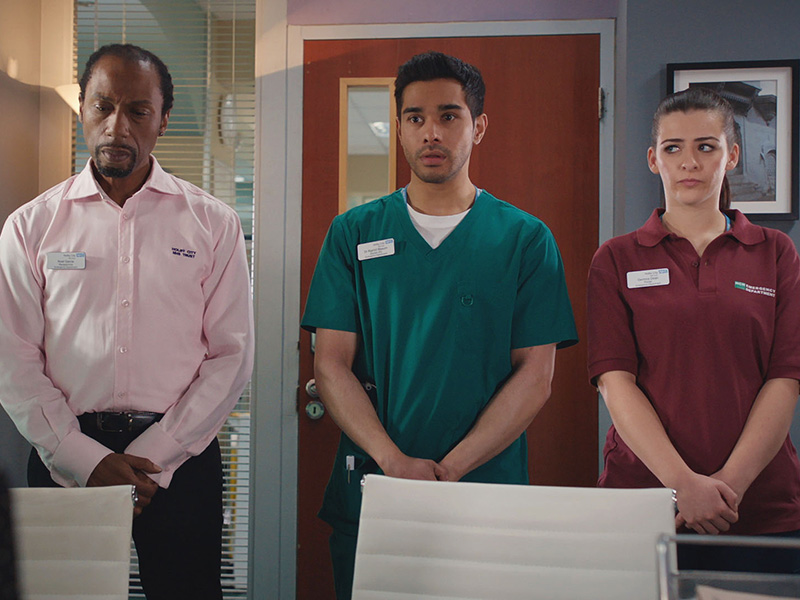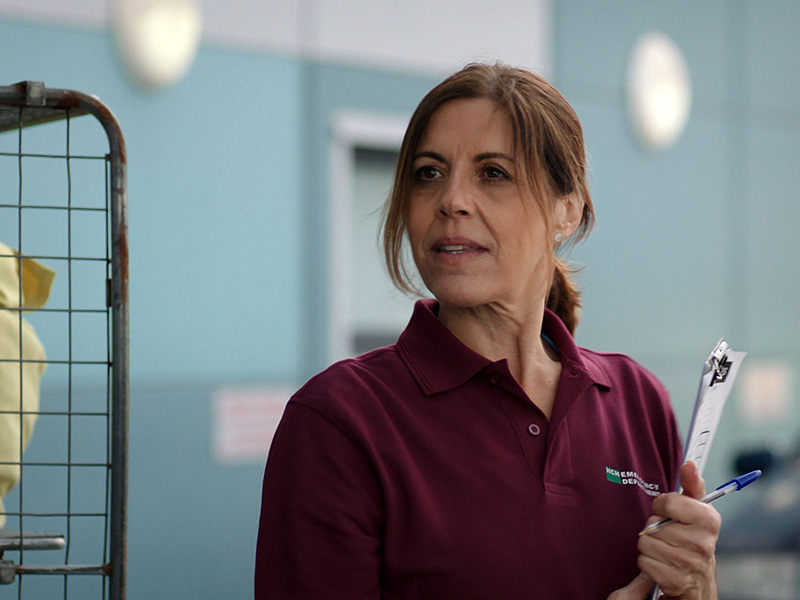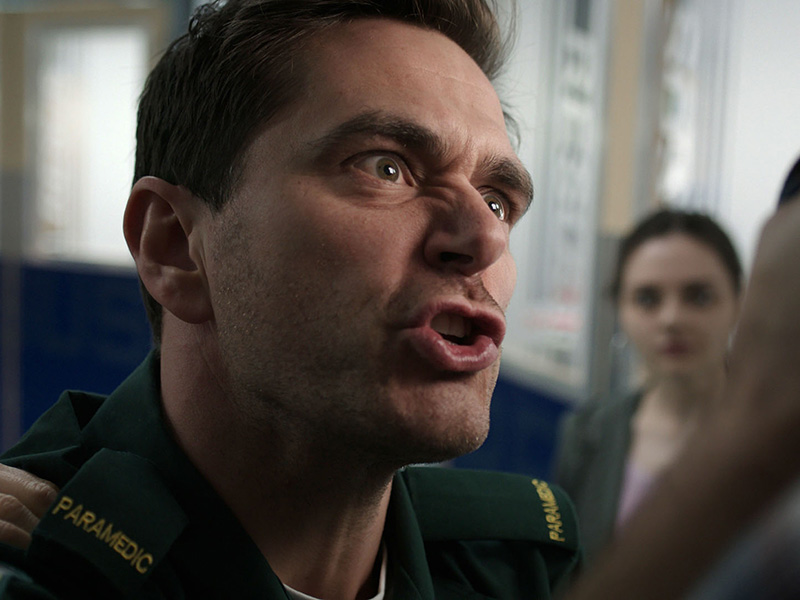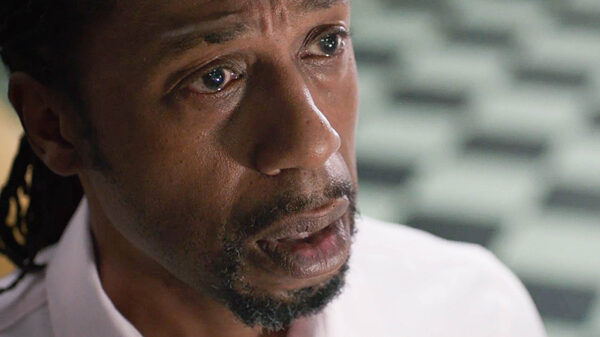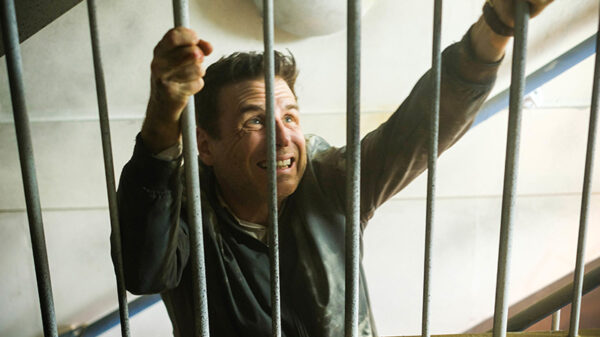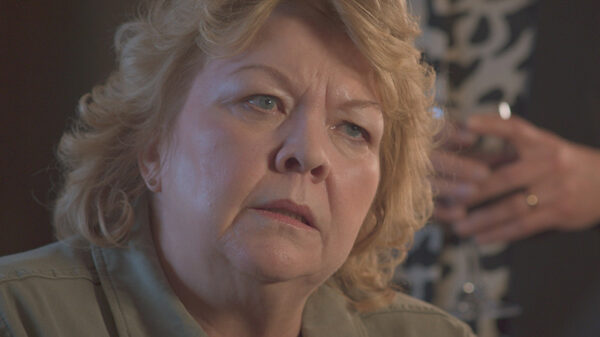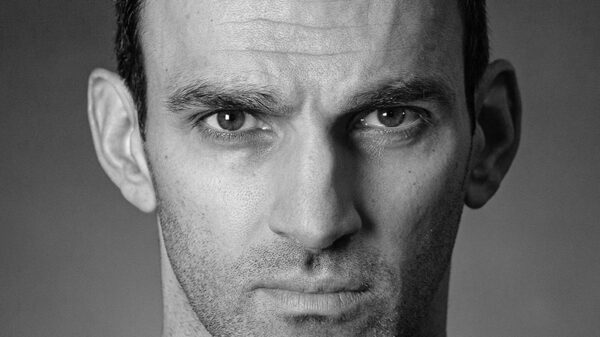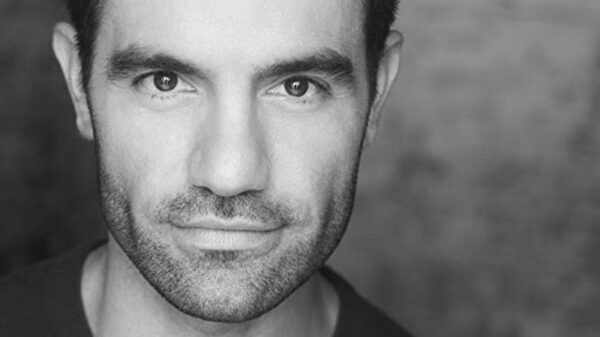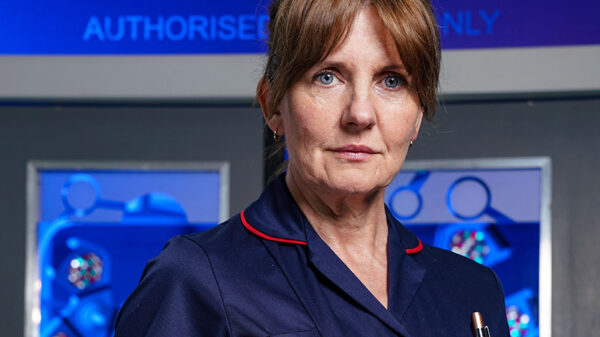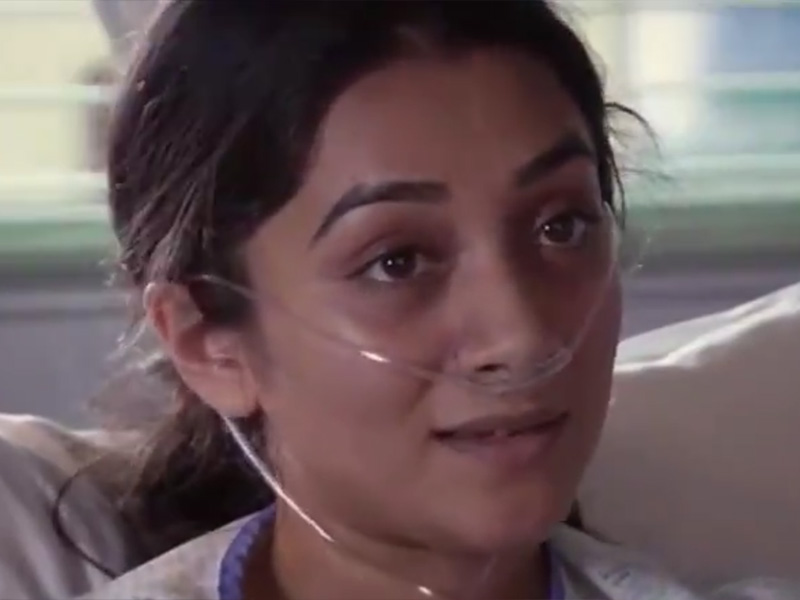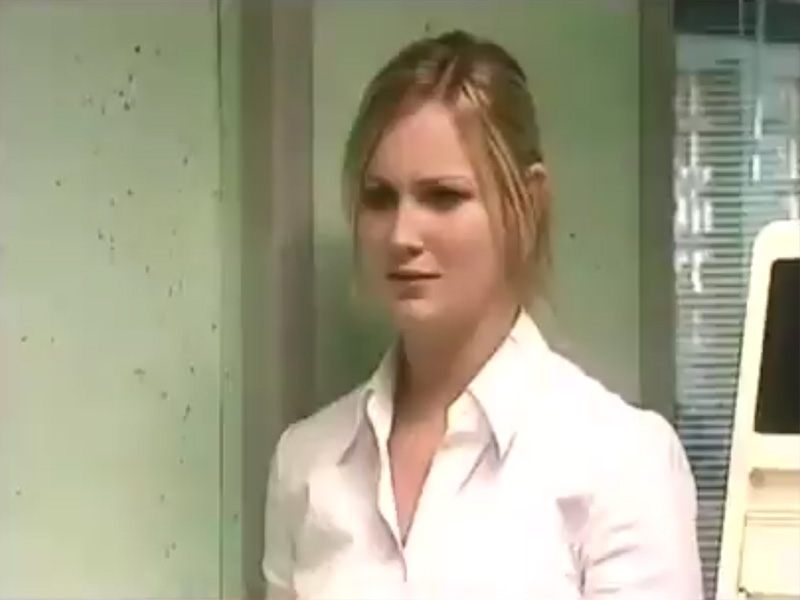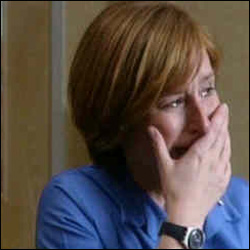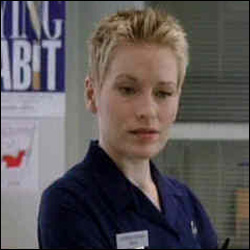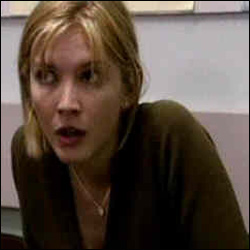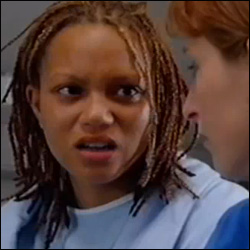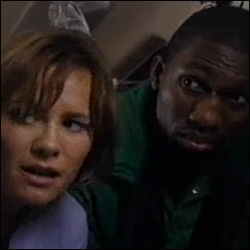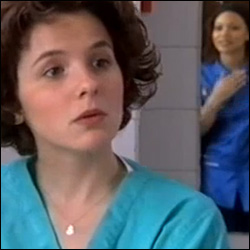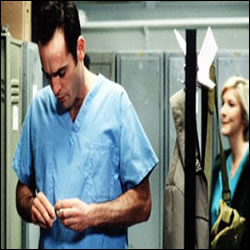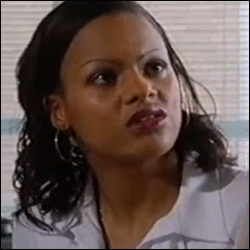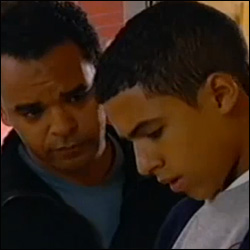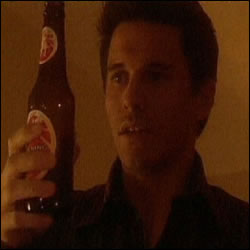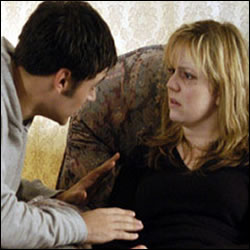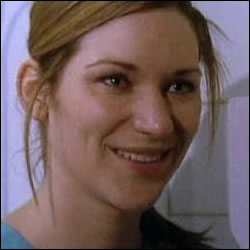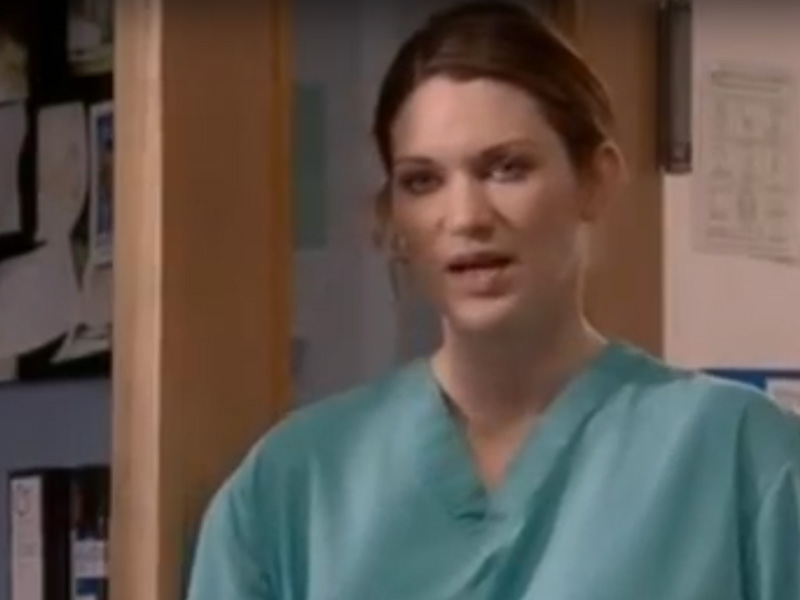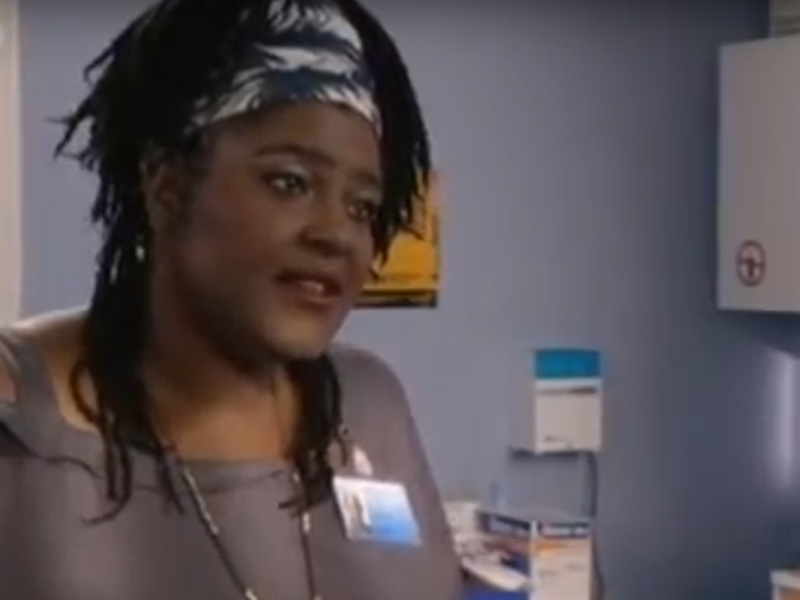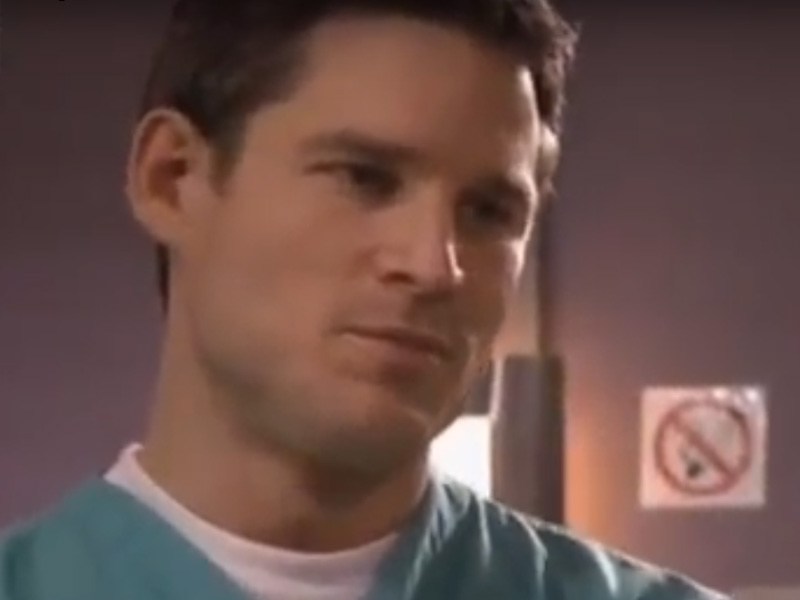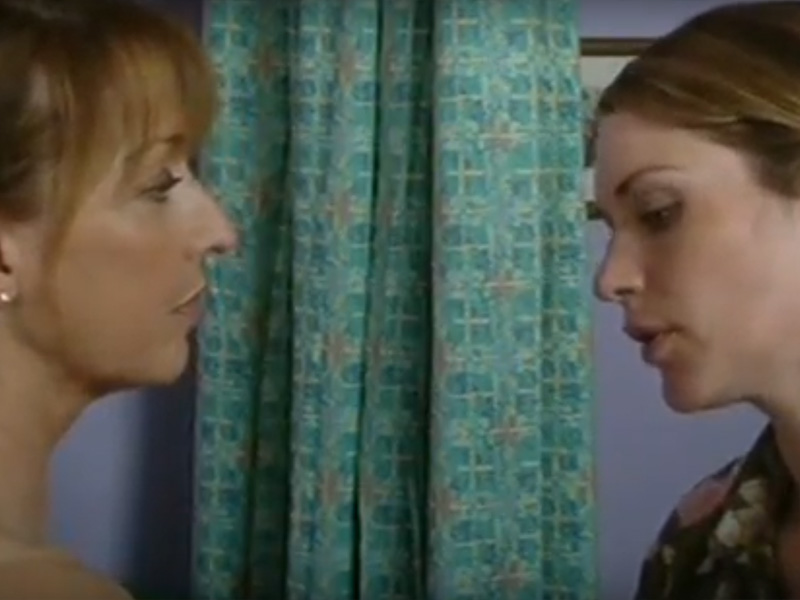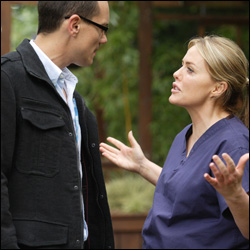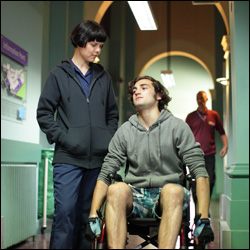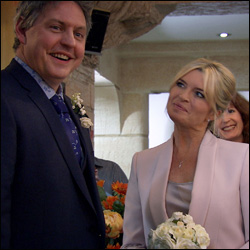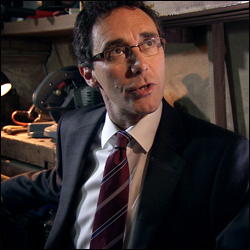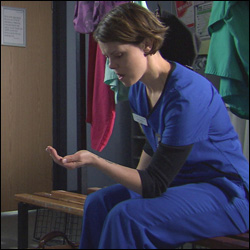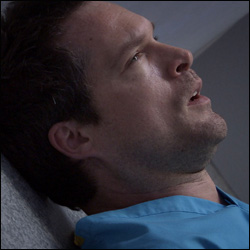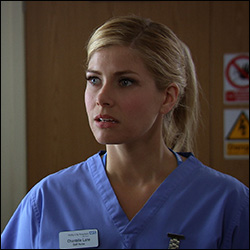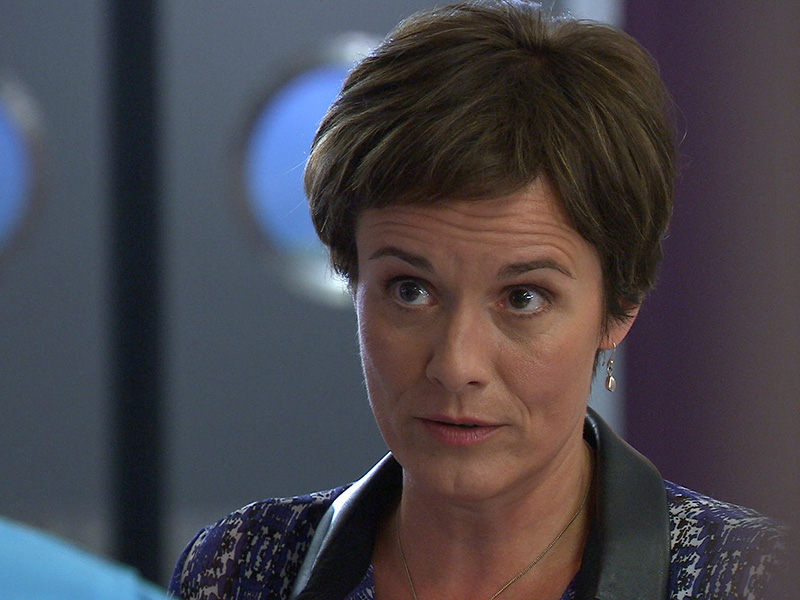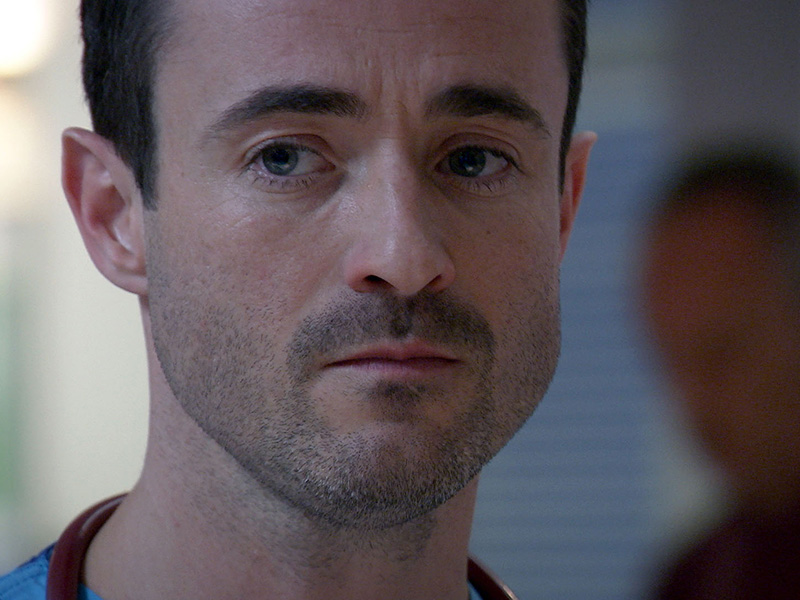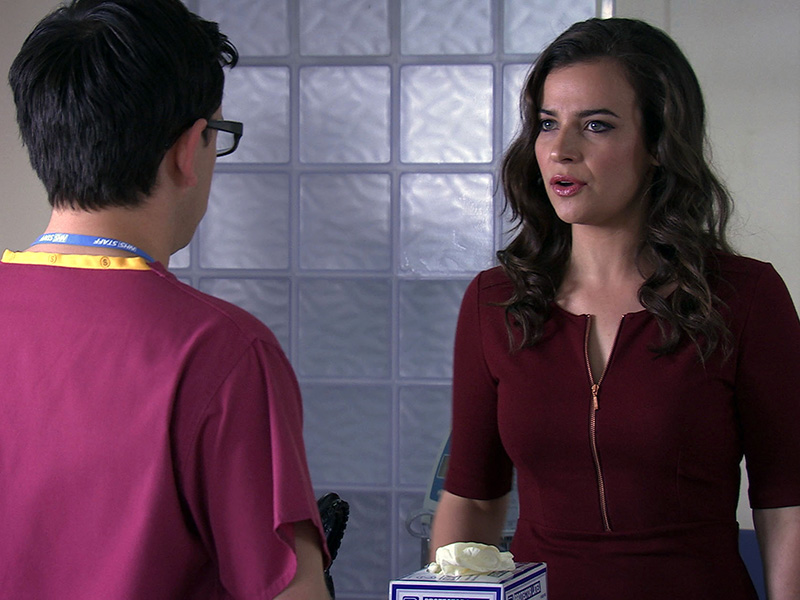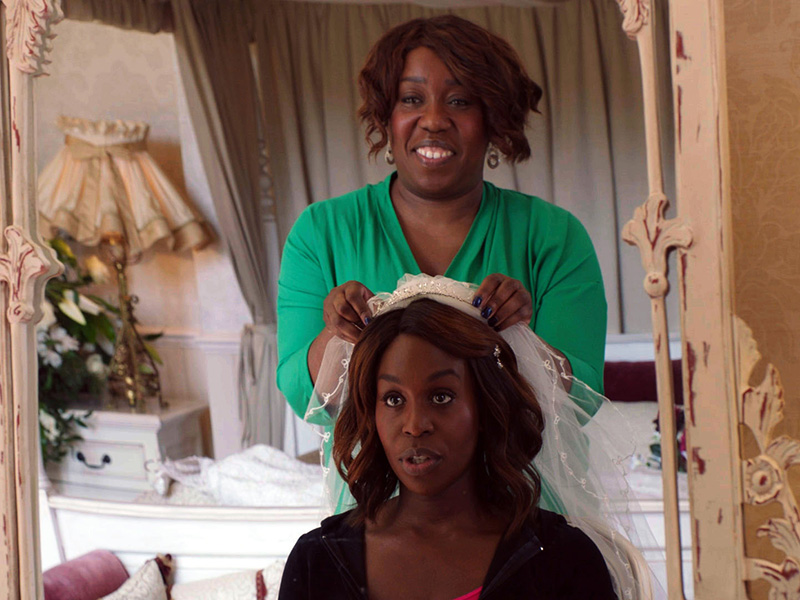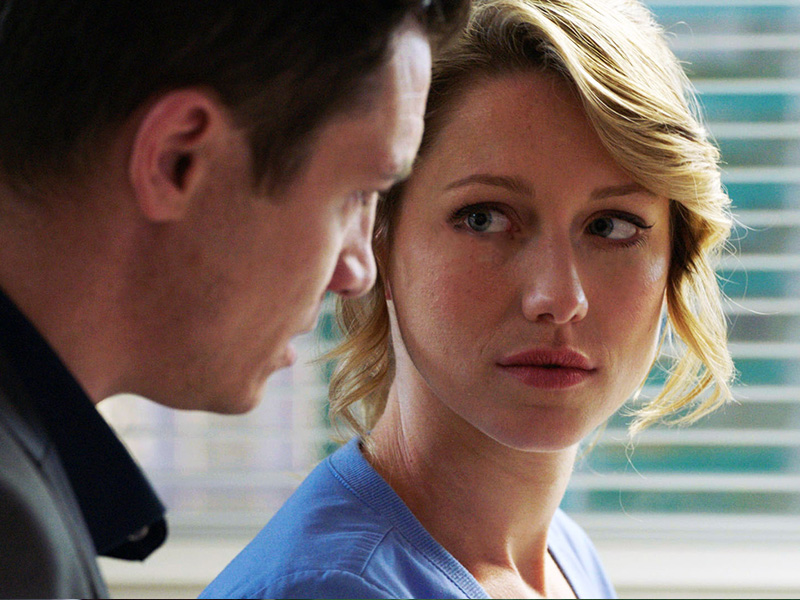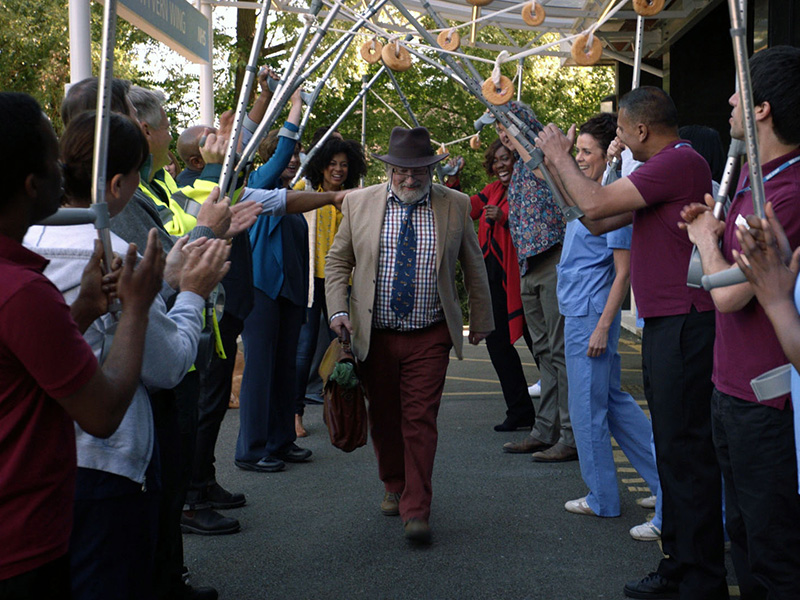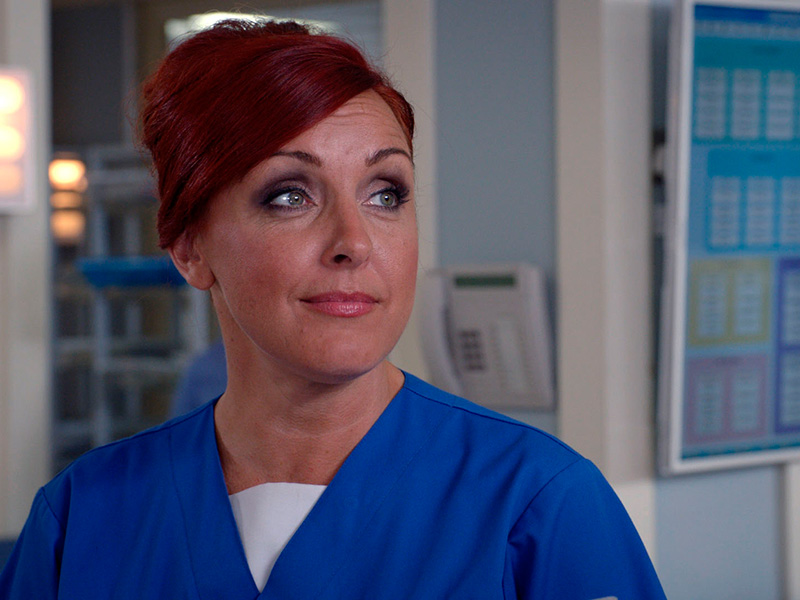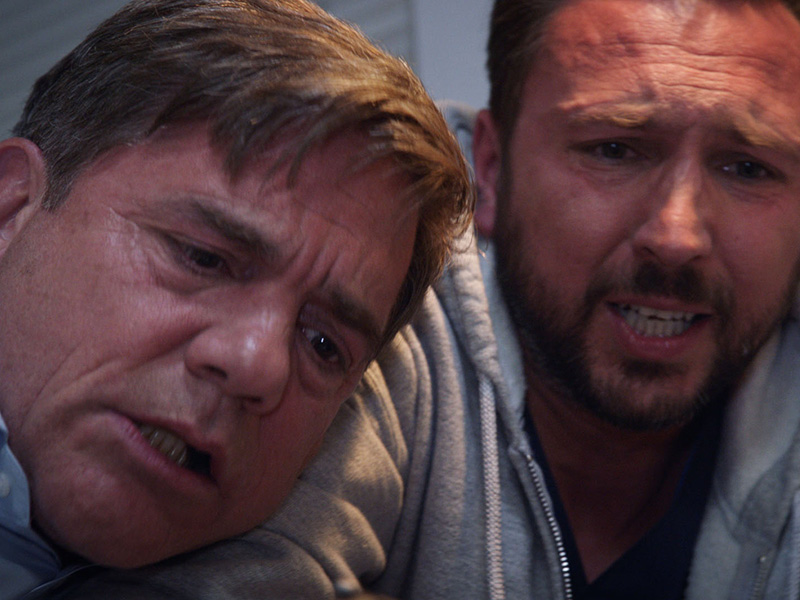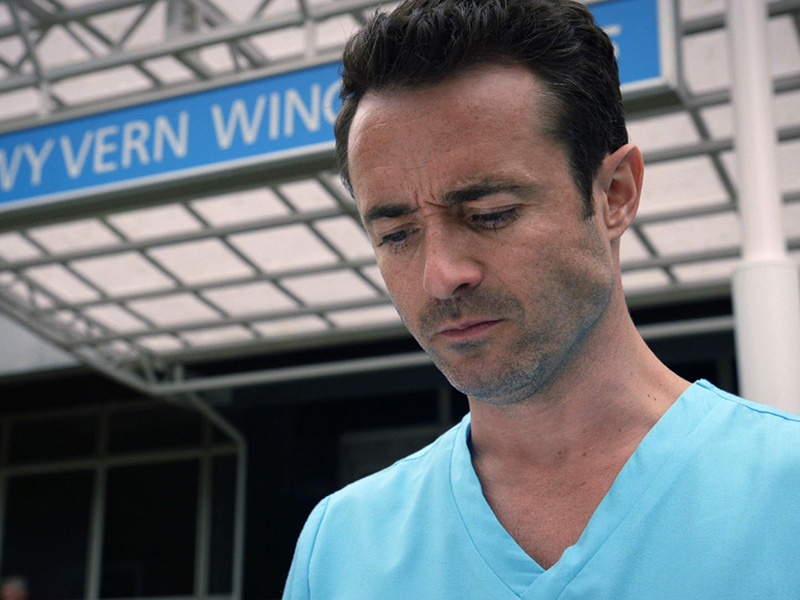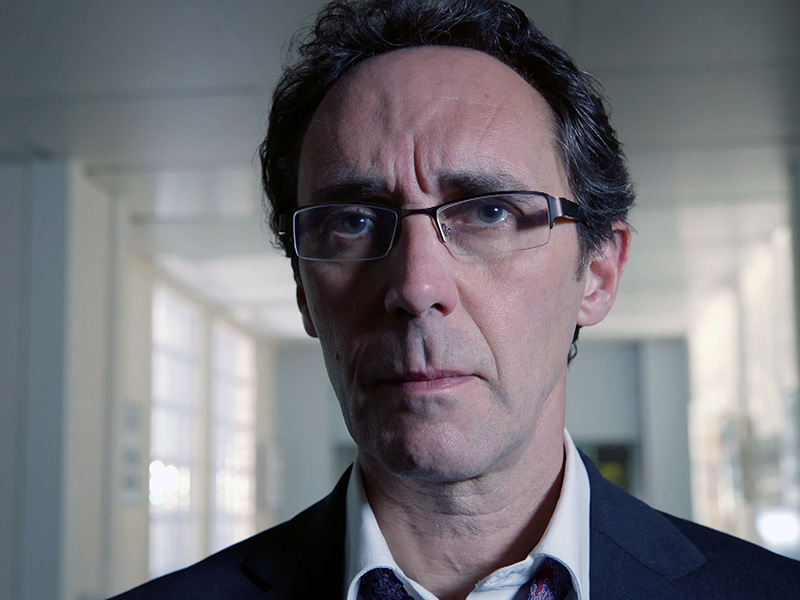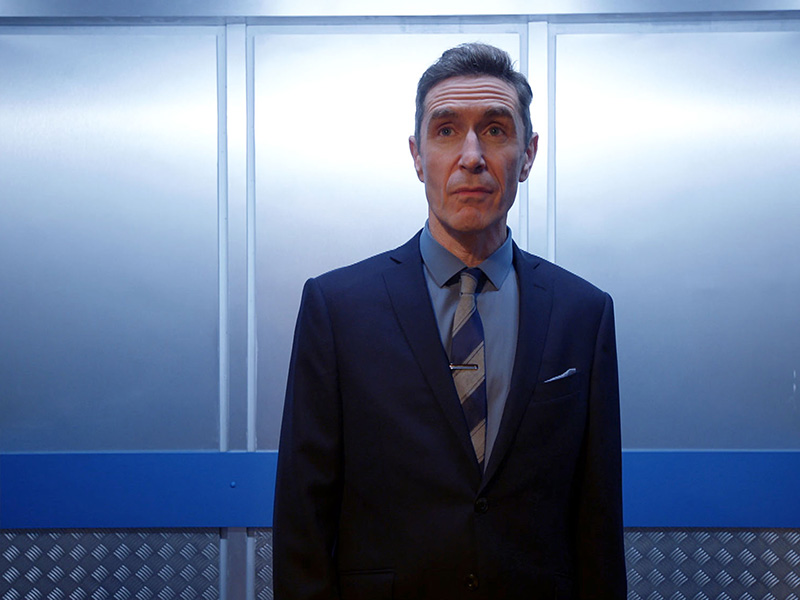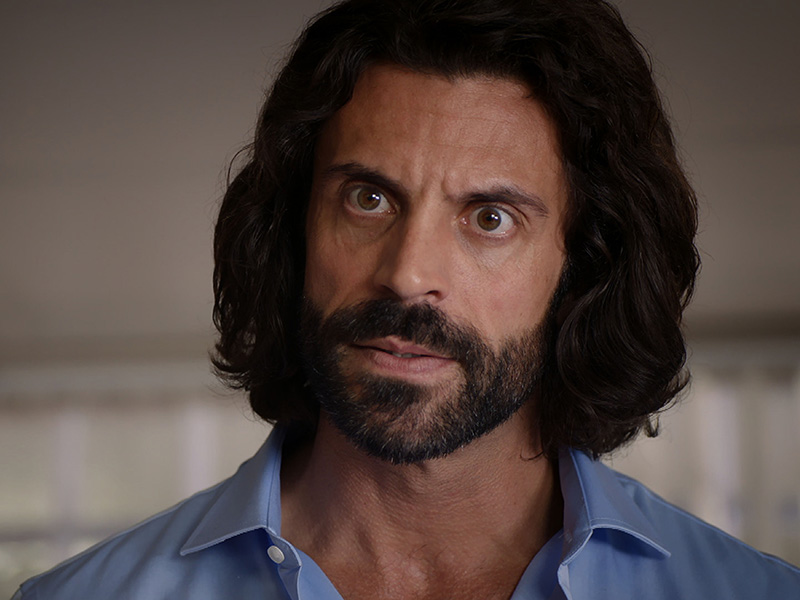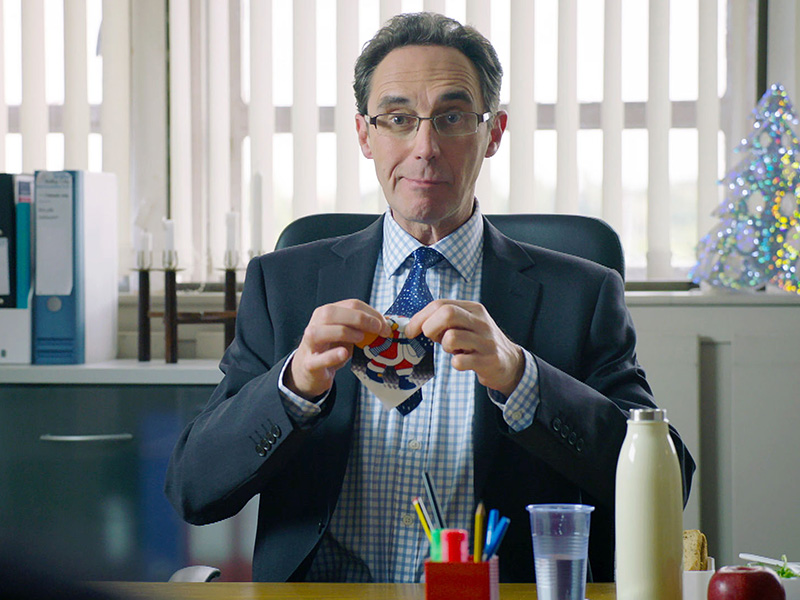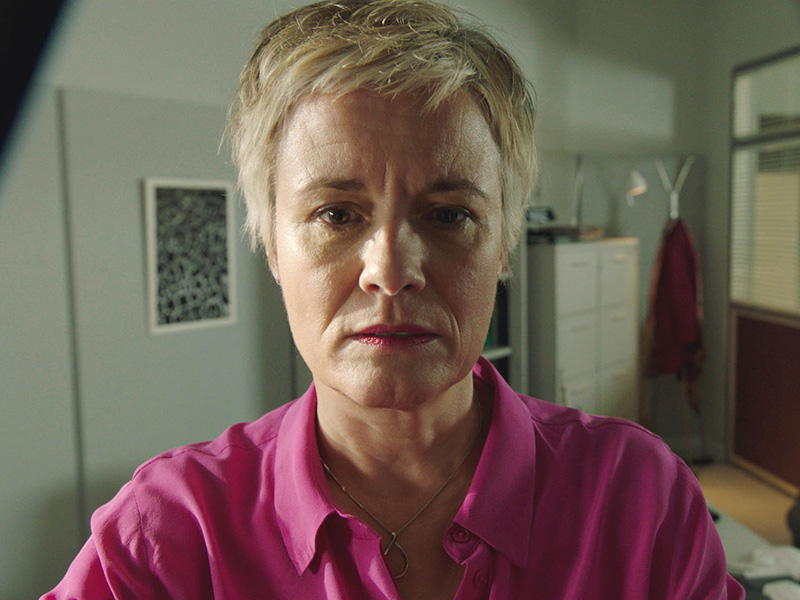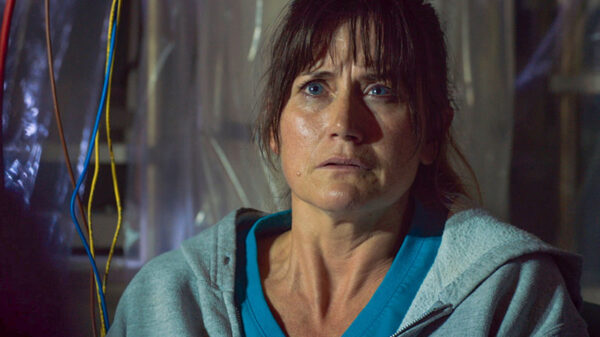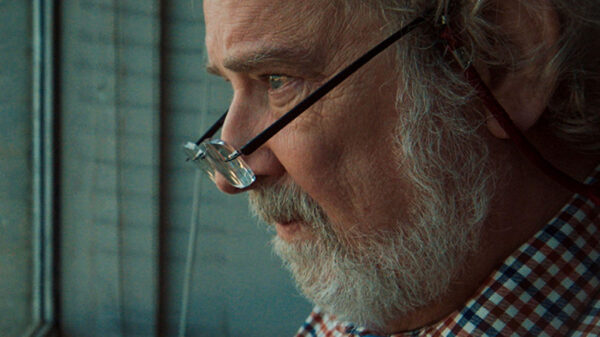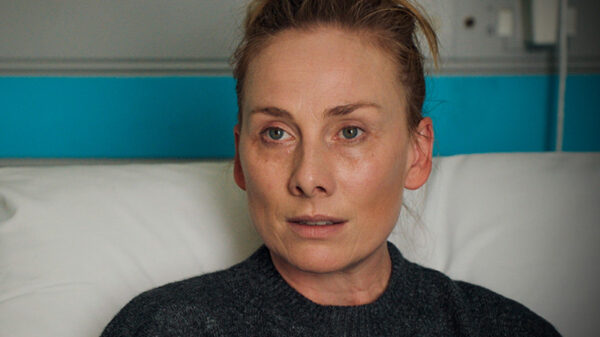12/9/92 – 27/2/93
Episode Listing
- S7 E1 (12 Sep 92) : Rates of Exchange by Barbara Machin
- S7 E2 (19 Sep 92) : Cry Wolf by David Richard-Fox
- S7 E3 (26 Sep 92) : Body Politic by Ginnie Hole
- S7 E4 (3 Oct 92) : Will You Still Love Me? by Helen Greaves
- S7 E5 (10 Oct 92) : Cherish by Catherine Johnson
- S7 E6 (17 Oct 92) : Profit and Loss by Stephen Wyatt
- S7 E7 (24 Oct 92) : One Step Forward by Peter Bowker
- S7 E8 (31 Oct 92) : Body and Soul by Peter Bowker
- S7 E9 (7 Nov 92) : Tender Loving Care by Barbara Machin
- S7 E10 (14 Nov 92) : Money Talks by Bryan Elsley
- S7 E11 (21 Nov 92) : Making Waves by Robin Mukherjee
- S7 E12 (28 Nov 92) : If It Isn’t Hurting by Jacqueline Holborough
- S7 E13 (5 Dec 92) : Act of Faith by Catherine Johnson
- S7 E14 (19 Dec 92) : Point of Principle by Peter Bowker
- S7 E15 (24 Dec 92) : Silent Night by Ginnie Hole
- S7 E16 (2 Jan 93) : The Ties That Bind by Stephen Wyatt
- S7 E17 (9 Jan 93) : Life in the Fast Lane by Susan Wilkins
- S7 E18 (16 Jan 93) : Everybody Needs Somebody by Arthur Mckenzie
- S7 E19 (23 Jan 93) : Getting Involved by Sam Snape
- S7 E20 (30 Jan 93) : Dividing Loyalties by Robin Mukherjee
- S7 E21 (6 Feb 93) : Family Matters by Robin Mukherjee
- S7 E22 (13 Feb 93) : Child’s Play by Jacqueline Holborough
- S7 E23 (20 Feb 93) : No Cause for Concern by Bryan Elsley
- S7 E24 (27 Feb 93) : Boiling Point by Peter Bowker
History
By 1992, Casualty was almost too successful. The BBC not only wanted more of it, Jonathan Powell wanted much more of it, half hour episodes twice a week, every week. ‘It was a fantastic show by then,’ he says. ‘It cried out to be turned into a bi-weekly at 8 o clock like The Bill. It was too good an idea to miss. It would have boosted our audiences for the rest of those evenings and solved the problem of getting viewers back after Coronation Street. Everyone inside television thought that’s what would happen. I’m pretty sure that’s why ITV decided to run The Bill three times a week. So we started to plan for it. Geraint Morris was keen – all producers enjoy making changes and a successful bi-weekly is a terrific achievement. The main actors were signed up, too. Once we explained that things would not be done on the cheap, they were happy.’ But John Birt, the BBC’s Director General Designate, was not. ‘He did not want more than two soaps in the schedules after 7.30pm. So I had no alternative but to go with Eldorado, the Spanish soap, as a replacement for the 7pm Wogan show.’
Soon after Eldorado began in July 1992 it acquired the label ‘the flop soap’. It’s ratings were meagre and in March 1993, the decision was taken that it would end only one year after it began. By then Jonathan Powell had left the BBC to join Carlton. ‘If Casualty had gone bi-weekly. I would have stayed,’ he now says.
Geraint Morris was not opposed to turning casualty into a twice weekly, half hour show. ‘We did a feasibility study and it could have worked very well. But it would have been a very different Casualty. We’d have to double up on everything. We’ve always been guided by our medical experts. The whole programme is worked around them. All our stories are based on facts. It takes time to get things right.’
The solution for the BBC was to make a much longer series, 24 episodes, which would effectively run for half the year. When those were repeated as planned, it would mean fans would be able to see their favourite medical team in action almost every week. And because it was so popular, the 7th series was to be shown on Saturdays again and at the earlier time of around 8pm.
Meanwhile Casualty’s advisors were warning the writers of the dangers of making their stories too cosy. When hospitals around Britain opted out and became Trusts there were problems. The senior staff were put under new pressure to hire and fire, juggle budgets and become managers as well as clinicians. With millions of people suffering from the effects of the economic recession, there should be no soft soap in the BBC’s most successful and respected drama series. The writers listened. As a result the new series won a record number of viewers, around 16 million, and the BBC’s own research showed the ‘audience appreciation’ – a measurement of how much viewers enjoy the episodes they watch – was a record 82% for almost every episode. But, because it was hard-hitting, the series was also destined to get people’s backs up.
The subjects ranged from the gang rape of a rent boy, sexual abuse of children, surrogate pregnancy and organ donation to wife battering, a chilling nuclear power story, the grounding of a luxury yacht, a circus trapeze artists’ spectacular fall, ecstasy abuse, and a horrific fall from an electricity pylon. Finally a story by Peter Bowker had rioting youths following ambulances which came into their midst back to Holby and, crazily, setting the A&E department alight.
As usual the staff changed. A new public-school educated SHO Rob Khalefa arrived and proved himself tactless, incompetent at times and willing to let nurses carry the can when there were complaints. None of this mattered to the legions of teenage girls who swooned when he appeared though. Chirpy, keen Maxine price arrived as there new Health Care Assistant. Two new General Managers, one sympathetic, one not, arrived and the regular staff coped with the familiar problems of love and money. Ever-capable Ash’s work began to suffer when he found it hard to meet his mortgage payments and his pretty girlfriend became pregnant and then opted for an abortion.
Nasty Norma’s problem came to light; she was caring for a mother with Alzheimer’s disease. Charlie buckled under the strain of the new Trust system. The business decisions made by the Holby management so outraged Julian Chapman, that he resigned. ‘Chapman was never a rebel but he was amazed at decisions which ten years ago one wouldn’t have thought possible started being made,’ said actor Nigel le Vaillant. As replacement, into the job came streetwise, sensible Mike Barratt.
The series attracted a host of esteem actors to take guest roles – eventhough they knew they’d look terrible: tear stained at best, blood splattered and bedraggled or dead at worst. Maxine Audley made a guest appearance, shortly before her death – her last onscreen appearance.
The aah! quotient was supplied by the romance of stony-faced Julian and pale-eyed Sandra. And when Duffy’s former boyfriend, Andrew, returned as the locum and warmly greeted a small boy only to be told he was Peter, his own son, a few million watching mums shared his delight.
In February 1993, Britain was shocked by the murder of young Jamie Bulger by two older children in Liverpool. Questions arose over how youngsters could be capable of such crimes; an answer quickly offered was that young people are apt to copy the violent behaviour they watch on films and television.
There were protests about Casualty’s ‘Child’s Play’ episode in which a young husband earns money as a rent boy. There were no scenes of rape, only of the young man’s look of terror at a gathering of older men. There were protests about ‘Family Matters’ which portrayed a family in which a father abuses his teenage son who in turns abuses his small sister. Under pressure, Alan Yentob, who succeeded Jonathan Powell, rescheduled the last episode, ‘Boiling Point’ to a later 9.30pm slot on 27th February/ Before it began, an announcement was made, ‘This episode features riot scenes of some power and impact.’ It certainly did.
At the time when the press and TV news gave Jamie Bulger stories top billing, the fictional young hooligans on Holby were thrown into the spotlight. There was a reported 17 million viewers who watched the episode. Alan Yentob denied that the programme was promoting violence, ‘However I would say that on this occasion Casualty and the Casualty team didn’t get it right.’
Geraint Morris was understandably disappointed at the outcries. ‘It seemed clear to me that the episode was dealing with the tragic consequences of violent acts. The moral was plain.’ Writer Peter Bowker also defended the storyline, which he based on personal experience, ‘I hoped Boiling Point would be seen as a deeply moral piece. I know from experience that people relate to characters like Duffy and Ash. That’s why I had the son of a knifed man talking to Ash. I wrote the attacks in a purely negative way. To me Casualty is at the moral centre of BBC drama. To attack it is beyond my moral universe. I think it has been deliberately misread.’
As a result the planned repeat of the series was postponed. Only selected episode were reshown in the spring of 1993, to the dismay of the cast, who felt badly let down.
However, amongst the outrage, some viewers did feel the show had been of moral value. One viewer said, ‘Ofcourse, gratuitous violence on TV is alarming but the episode of casualty that was singled out actually made clear how mindless behaviour can escalate into tragedy. At least one young offender’s group that I know of was show it and was appalled to see what can happen. Thus it was a learning experience and did only good.’
Joining Cast
- S7 E1 Kate Miller – General Manager
- S7 E1 Rob Khalefa – Senior House Officer
- S7 E1 Maxine Price – Health Care Assistant
- S7 E6 Simon Eastman – Adminstrator
- S7 E19 Mike Barratt – Consultant
- S7 E16 Andrew Bower – Locum Registrar
Regular Cast
- Charlie Fairhead – Charge Nurse
- Duffy – Sister
- Martin Ashford – Staff Nurse/ Senior Staff Nurse
- Josh Griffiths – Paramedic
- Jane Scott – Paramedic
- Norma Sullivan – Receptionist
Exiting Cast
- S7 E8 Kate Miller – General Manager
- S7 E14 Julian Chapman – Registrar
- S7 E24 Simon Eastman – Manager
- S7 E24 Andrew Bower – Locum Registrar
- S7 E24 Rob Khalefa – Senior House Officer
- S7 E24 Sandra Nicholl – Staff Nurse
- S7 E24 Maxine Price – Health Care Assistant
Major Guest Characters
- Nikki Wyatt – Imogen Boorman – Ash’s girlfriend
- Jenny – Nicola Jeffries – Receptionist
- Kevin Price – Ken Sharrock – Maxine’s father
Notable Guest Stars
- S7 E1 Tracie Bennett – as Sally
- S7 E1 Jimmi Harkishin – as Greg
- S7 E3 Louisa Millwood-Haigh – as Frankie
- S7 E3 Jan Harvey – as Claire
- S7 E4 Jesse Birdsall – as Mike
- S7 E5 Dora Bryan – as Hester Blewett
- S7 E6 Peter Gilmore – as Lionel
- S7 E6 Michael Jayston – as Ian
- S7 E6 Helen Lederer – as Maria Harrop
- S7 E9 Jonny Lee Miller – as Matt
- S7 E10 Nick Moran – as Jez
- S7 E11 Martin Jarvis – as Bart
- S7 E13 Kenny Baker – as Archie
- S7 E13 Rula Lenska – as circus owner
- S7 E15 Rebecca Callard – as Suzie Brennan
- S7 E15 TP McKenna – as Arthur Jackson
- S7 E16 Amanda Redman – as Olivia Purcell
- S7 E16 Shirin Taylor – as Joan
- S7 E17 Hywel Bennett – as Paul Lawson
- S7 E18 Stephen Moore – as Kevin
- S7 E18 Alexandra Mathie – as Helen Griffiths
- S7 E21 Kate Winslet – as Suzanne
- S7 E21 Rene Zagger – as Rick
- S7 E24 Michael Angelis – as Gordon McCauley
- S7 E24 Joseph Kpobie – as John Walmsley
Casualty/ Holby City Guest Appearances
- S7 E4 Michael N Harbour – as Bob Jackson
- S7 E5 Kim Vithana – as Rajini Parek
- S7 E10 Alex Walkinshaw – as Alan
- S7 E13 Rocky Marshall – as Bobby
- S7 E15 Pal Aron – as man in Fancy Dress
- S7 E16 Robert Duncan – as Neil Taylor
- S7 E21 Bob Barrett – as Medical Registrar
- S7 E24 Matt Bardock – as Terry



